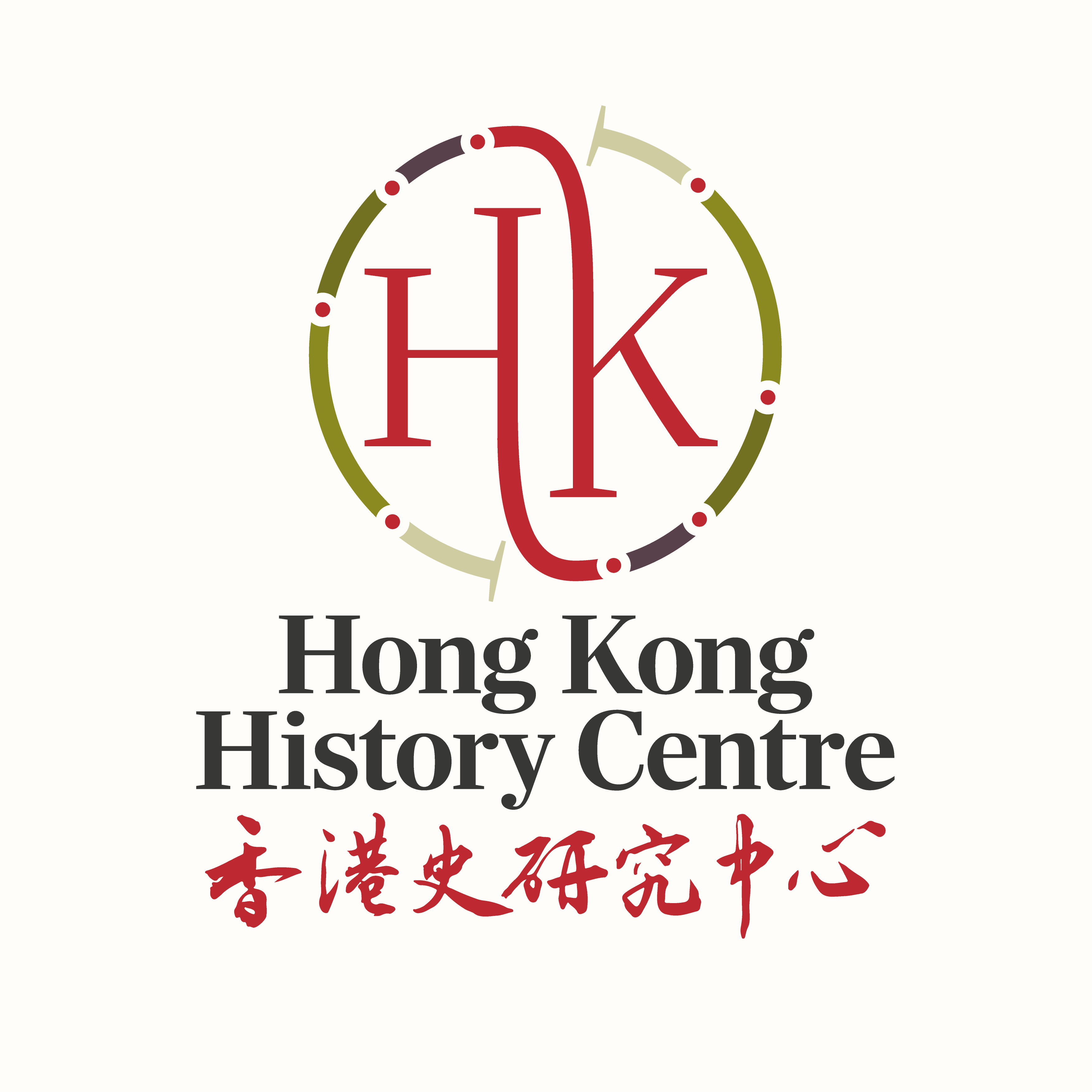Showing 1-10 of 16 items

By Vaudine England It’s all very well having grand theories about Race and Empire and Gender and Class, but what of actual real stories, the lives that people lived, the choices they made? I recently met a woman from a conventional middle-class Australian background, who had come to Hong Kong in the late 1960s; within days of arrival she had met, fallen in love with and would soon marry the

By Vaudine England If talking about race has been hard, how much harder has it been to accept that racism in statecraft has never been the sole preserve of white people. Not only Western imperialists have been racist; the Chinese were, and are, too. Proof of this is found, if any were needed, in the work of Frank Dikotter, back when he was still at SOAS. His analysis of ideas

By Vaudine England The thought behind a lot of these ruminations in this blog is that the subject of race in empire, specifically with relation to Hong Kong, has been grossly under-covered to date. Some Dutch academic friends wonder if it is the Britishness of Hong Kong studies — how else to explain, one wondered, the contrast between the huge swathes of scholarship done by the Dutch on ‘their Eurasians’

By Vaudine England Since the death of Dan Waters, aged 95, in Hong Kong on 27 January this year, he has rightly been lauded for many things: charm and personality, astounding memory, karate black belt, marathons after 60, and of course being such an inspiration to anyone interested in Hong Kong’s earlier days. His own life was impressive, from being a ‘desert rat’ under Montgomery in World War Two to

By Vaudine England. A dear friend and colleague from a past journalistic life — educated, erudite and well-informed — delighted in saying: ‘I hate history!’ Why bother with stories of days gone by when so much is happening, right now? she asked. She would only allow tales from the past if they carried direct relevance to the here and now; it was not a bad discipline after all. So when

Publishing about Eurasians has picked up in the twenty-first century after the dismal twentieth. Aside from books such as Eurasian by Emma Teng, which includes some aspects on Hong Kong, David Pomfret of Hong Kong University published his research comparing creations of race and class in French and British colonies in 2009. Most recently, there has been the Journal of the Royal Asiatic Society Hong Kong Branch which published the

By Vaudine England Lethbridge’s article, 'The Yellow Fever', had concluded with an image of how the different, mostly non-Chinese peoples of Hong Kong interacted, or not: ‘The full flavour of the European community is to be savoured at a gala occasion… at the City Hall. Then the various layers, tier upon tier, are exhibited in the foyer: befurred and bejewelled Continentals, leading matriarchs, gilded youths and bright young girls back

By Vaudine England I’m still hoping to be proven wrong in claiming that just two serious articles were published in the 20th century on the subject of Eurasians in Hong Kong. The first was Sir Challoner Grenville Alabaster’s 'Observations on Race Mixture in Hong Kong'. The second is Henry Lethbridge’s 'The Best of Both Worlds?', in which Eurasians were described as ‘a natural by-product of the colonial era’. His main

By Vaudine England In my last blog I expressed a hope to be proven wrong in claiming that just two serious articles were published on the subject of Eurasians in Hong Kong in the 20th century. The first was Sir Challoner Grenville Alabaster’s 'Observations on Race Mixture in Hong Kong'. The second came almost half a century later, thanks to the sociologist Henry Lethbridge, just about the only writer in

By Vaudine England Just two serious articles were published on the subject of Eurasians in Hong Kong in the 20th century. A bold claim - and one on which I’d be delighted to be proven wrong! The first came in 1920, from the Hon. Sir Challoner Grenville Alabaster, OBE, Member of the Legislative Council. This China-born former British Consul in China was the interpreter who accompanied Ye Mingchen throughout most